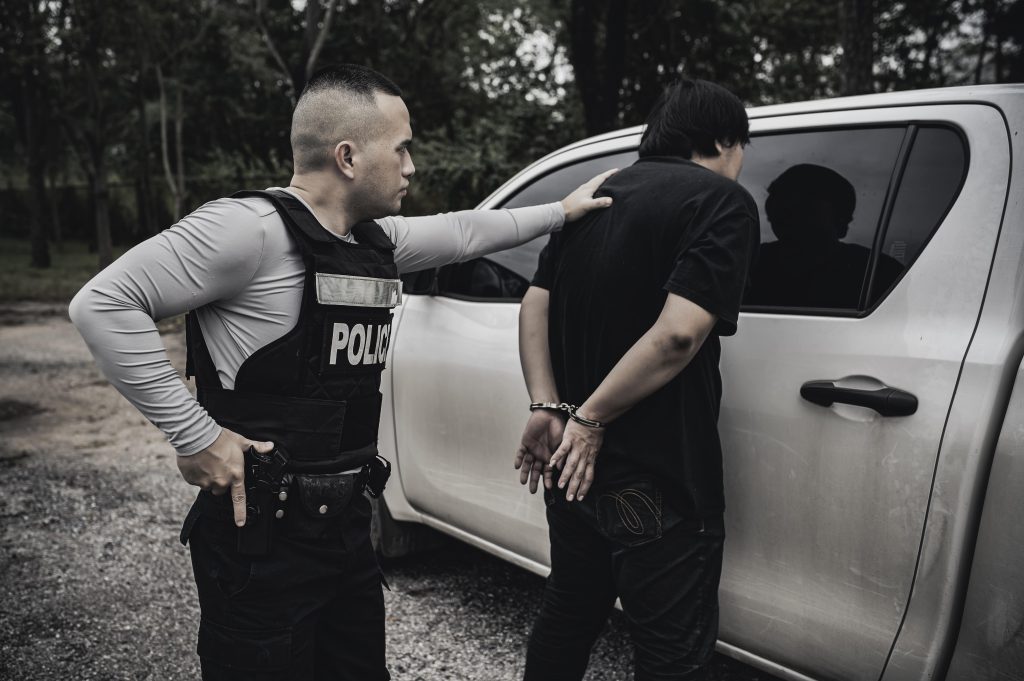Physical Control DUI in Washington – How You Can Be Charged Without Actually Driving

In Washington, you can be charged with a DUI even if you were not actively driving a vehicle. Under state law, a “physical control” DUI applies when a person is in a position to operate a motor vehicle while under the influence of alcohol or drugs. This charge often surprises people who believe they were doing the responsible thing by not driving, such as sleeping in their car after drinking. Understanding how this law works—and the possible defenses—is essential if you find yourself facing a physical control DUI.
What the Law Says
Under RCW 46.61.504, a person is guilty of being in physical control of a motor vehicle while under the influence if they are in the driver’s position, have the ability to control the vehicle, and are impaired by alcohol or drugs or have a blood alcohol concentration (BAC) of 0.08 or higher within two hours of being in physical control. The key element is not movement of the vehicle, but the potential to operate it.
Common Scenarios
Physical control DUI charges often arise when:
- Someone is found asleep or sitting in the driver’s seat with the keys in the ignition.
- A driver pulls over to “sleep it off” but remains in a position where they could operate the vehicle.
- The car is running for heat or air conditioning while the driver is impaired.
- A driver is parked on the side of the road or in a parking lot but has access to the keys and controls.
Even if you had no intention of driving, prosecutors may argue you had the ability and opportunity to operate the vehicle while impaired.
Penalties
The penalties for a physical control DUI are the same as for a standard DUI in Washington. A first offense can result in jail time, fines, mandatory alcohol or drug education, and license suspension. Penalties increase for higher BAC levels, prior offenses, or refusal to submit to a breath or blood test.
Possible Defenses
Washington law recognizes certain defenses to a physical control DUI. One statutory defense is the “safely off the roadway” defense, which applies if you can show that you moved your vehicle safely off the road before becoming impaired and did not operate it afterward. Other defenses may include challenging the legality of the stop or arrest, disputing the BAC results, or showing lack of actual physical control.
Why Legal Representation Matters
Because the law focuses on potential operation rather than actual driving, physical control DUI cases often involve complex factual disputes. An experienced DUI defense attorney can investigate the circumstances, gather evidence, and present defenses that may reduce or dismiss the charge.
In Washington, you don’t have to be driving to be charged with a DUI. Simply being in control of a vehicle while impaired can lead to the same serious penalties as if you had been caught driving. If you are facing a physical control DUI, the Law Office of Erin Bradley McAleer can help protect your rights and build a strong defense. Contact us today for a consultation.